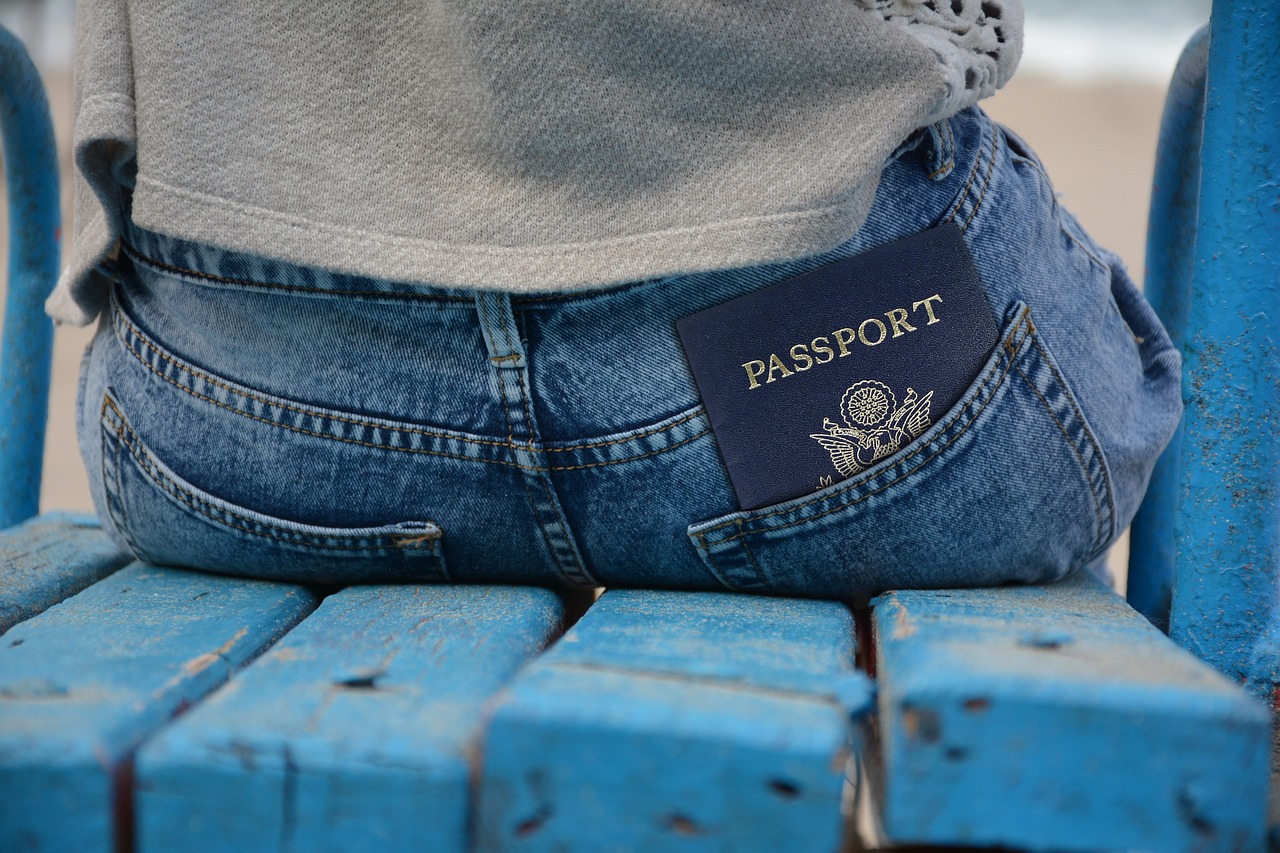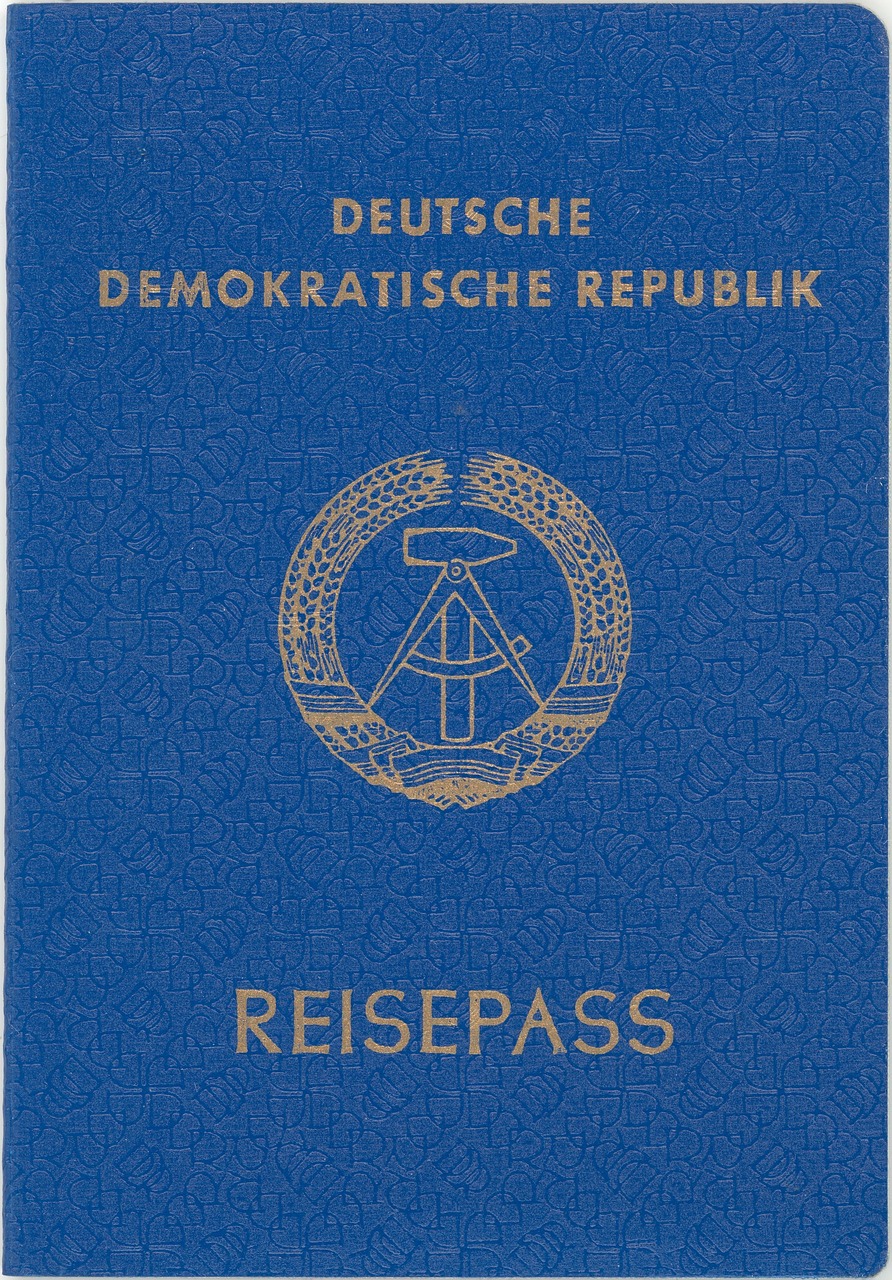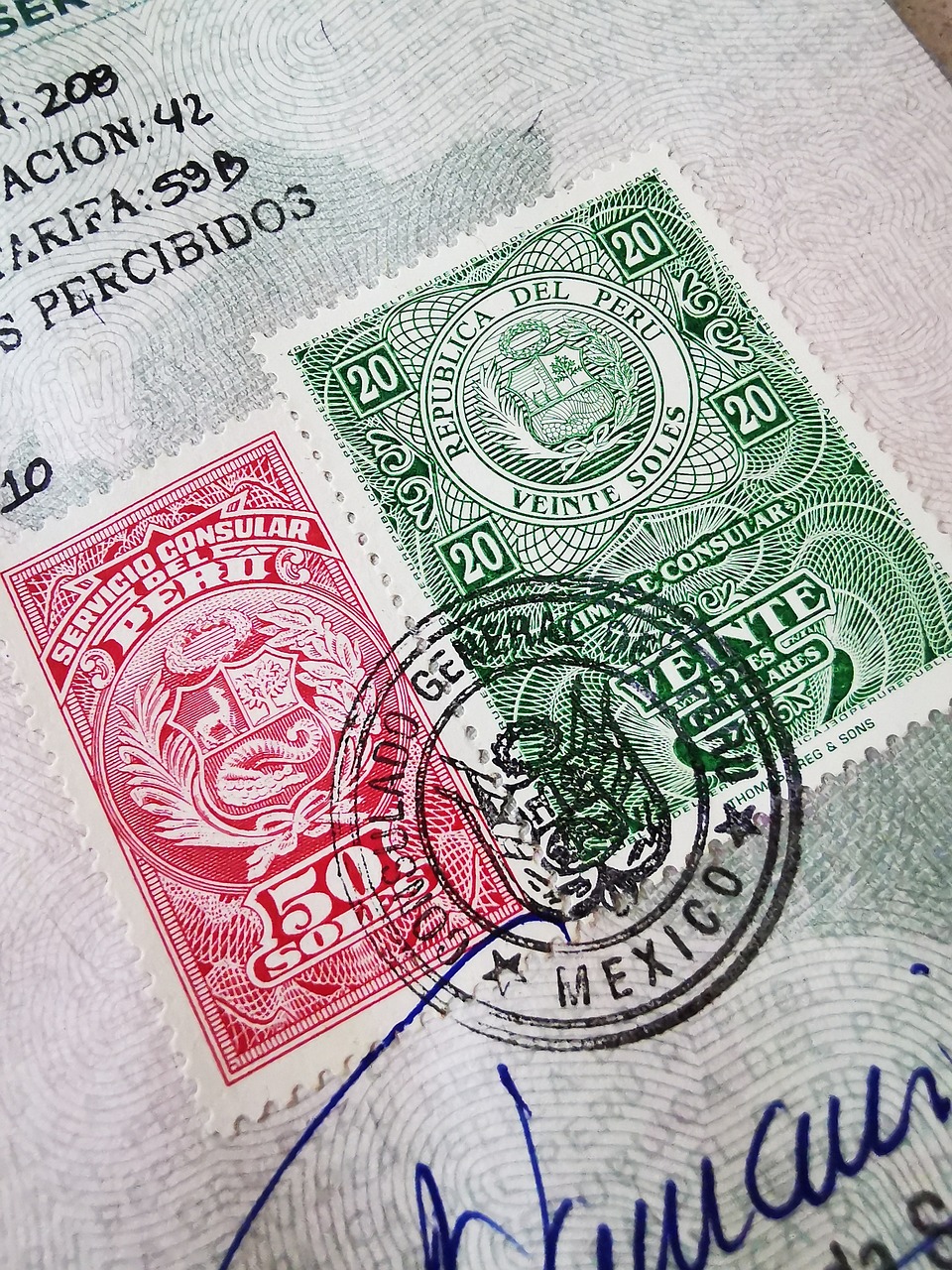Want to study in Japan but not sure where to start? Getting a student visa might seem daunting, but the process is straightforward if you know what to do. This guide will walk you through everything you need to know to successfully apply for a Japanese student visa.

Introduction to Japanese Student Visas

Why Study in Japan?
Japan offers a unique blend of traditional culture and cutting-edge technology, making it an attractive destination for international students. The country is home to many world-renowned universities and language schools, providing high-quality education. Studying in Japan can also open doors to diverse career opportunities due to its strong economy and global connections. Additionally, experiencing life in Japan can broaden your horizons and enrich your personal development.

Types of Educational Institutions in Japan
Japan boasts a variety of educational institutions catering to different interests and academic goals. You can choose from universities, technical colleges, and language schools. Each type of institution offers unique programs and degrees, so it’s essential to research and select the one that best fits your aspirations. Universities often provide undergraduate and graduate programs, while language schools focus on improving your Japanese proficiency.

Overview of the Student Visa Process
The student visa process in Japan involves several steps, starting with getting accepted into a Japanese educational institution. Once admitted, you’ll need to obtain a Certificate of Eligibility (COE) before submitting your visa application to the Japanese embassy or consulate in your home country. The COE is crucial as it proves your eligibility to enter Japan for studies. After receiving your visa, you’re ready to pack your bags and embark on your educational journey in Japan.
| Information | Description |
|---|---|
| Certificate of Eligibility (COE) | Proves your eligibility to enter Japan for studies |
| Student Visa Application Form | Form required for the visa application process |
| Valid passport | Essential travel document for the visa application |

Requirements for a Japanese Student Visa

Necessary Documents
To apply for a Japanese student visa, you’ll need to gather several essential documents. These include a completed student visa application form, a valid passport, and passport-size pictures. Additionally, you must have a Certificate of Eligibility (COE), a letter of admission from your chosen institution, and proof of your previous academic and/or professional qualifications. Make sure all documents are up-to-date and accurate to avoid any delays in the application process.
- Student Visa Application Form
- Valid passport
- Passport-size pictures
- Certificate of Eligibility
- Letter of Admission
- Previous academic and/or professional qualifications
- Proof of financial requirements

Financial Requirements and Sponsorship
You need to demonstrate your ability to support yourself financially during your stay in Japan. This often includes bank statements, proof of income, or a financial sponsor’s details. Having a reliable financial plan is essential to ensure you can cover tuition fees, living expenses, and other costs associated with studying abroad. Your financial sponsor, if you have one, should provide documentation to prove their capacity to support you.

Additional Requirements for Specific Institutions
Certain educational institutions in Japan might have additional requirements for international students. For instance, some universities may require specific entrance exams, language proficiency tests, or interviews. Always check the specific requirements of your chosen institution to ensure you meet all the criteria. This preparation will help you avoid any last-minute surprises and ensure a smooth application process.

Understanding the Certificate of Eligibility (COE)

What is a Certificate of Eligibility?
The Certificate of Eligibility (COE) is a document issued by the Japanese Immigration Bureau that confirms you meet the requirements to enter Japan for your intended purpose, in this case, studying. It’s a crucial part of your student visa application as it simplifies the process when you apply for your visa at the Japanese embassy or consulate. The COE essentially pre-approves your stay, making the subsequent steps more straightforward.
How to Obtain a COE
To obtain a COE, your chosen educational institution will typically handle the application on your behalf. They will submit the required documents to the Japanese Immigration Bureau, including your admission details, academic qualifications, and financial proof. Make sure to provide all necessary documents accurately to your institution to avoid delays. Once the COE is issued, it will be sent to you, and you can proceed with your visa application.
Processing Time for COE Applications
The processing time for COE applications usually takes around 6-8 weeks but can extend up to 12 weeks or longer in some cases. It’s crucial to apply as early as possible to accommodate these timelines. Factor in this processing period when planning your study schedule and travel dates. Early preparation ensures you won’t face any unexpected delays that could affect your academic plans.
Steps to Apply for a Japanese Student Visa
Step-by-Step Application Process
The application process for a Japanese student visa involves several critical steps. First, receive your Certificate of Eligibility (COE) from your educational institution. Next, prepare your visa application form, passport, photos, and other necessary documents. Submit these to the nearest Japanese embassy or consulate along with your COE. Follow the instructions provided by the embassy or consulate to ensure a smooth application process. After submitting your application, you will need to wait for visa approval.
Submitting Your Application to the Japanese Embassy or Consulate
Once you have all your documents ready, make an appointment with the Japanese embassy or consulate in your home country. During your appointment, submit your application form, COE, passport, and other required documents. Ensure all information is accurate and complete to avoid any issues. The embassy or consulate staff will review your application and may ask you additional questions or request further documentation.
Receiving Your Student Visa
After your application is processed and approved, you will receive your student visa. This visa allows you to enter Japan and commence your studies. Make sure to check the validity dates and other details on your visa to ensure everything is correct. With your student visa in hand, you are now ready to embark on your educational journey in Japan.
Entering Japan with a Student Visa
What to Expect Upon Arrival
Upon arriving in Japan with your student visa, you will go through immigration procedures at the airport. Present your passport, visa, and Certificate of Eligibility to the immigration officers. They will verify your documents and grant you entry into the country. Be prepared for potential questions about your stay and studies. Once cleared, you will receive a residence card, which is essential for your stay in Japan.
Registering with Local Authorities
Within 14 days of your arrival, you must register your address with the local municipal office in your area. This registration is mandatory and ensures you are legally recognized as a resident. Bring your residence card and passport when you visit the municipal office. This step is crucial for accessing various services and benefits during your stay.
Obtaining a Residence Card
Your residence card is an important document that you must carry at all times while in Japan. It contains your personal details, visa status, and other essential information. Make sure to keep it safe and update any changes in your address or status with the local authorities. The residence card is necessary for opening a bank account, signing a lease, and other activities in Japan.
Working in Japan on a Student Visa
Eligibility to Work Part-Time
As an international student in Japan, you are allowed to work part-time to supplement your income. However, there are restrictions on the number of hours you can work. Full-time students can work up to 28 hours per week during the school term and up to 40 hours during vacation periods. Ensure your part-time job does not interfere with your studies.
Obtaining a Working Permit
To work part-time, you need to apply for a work permit, known as a „Permission to Engage in Activity Other Than That Permitted under the Status of Residence Previously Granted.” This permit is issued by the Japanese Immigration Bureau. Submit your application at your local immigration office along with your residence card and passport. Once approved, you can start working part-time.
Restrictions and Limitations
While working part-time is permitted, there are certain restrictions you must follow. You cannot work in jobs that are deemed inappropriate for students, such as those in the adult entertainment industry. Additionally, exceeding the allowed working hours can jeopardize your visa status. Always adhere to the regulations to maintain your student visa and avoid any legal issues.
Extending and Changing Your Visa Status
How to Extend Your Student Visa
If you need to extend your stay in Japan beyond your initial visa period, you can apply for a visa extension. This process involves submitting an application form, your passport, residence card, and proof of continued enrollment and financial support to the Japanese Immigration Bureau. Apply for an extension well before your current visa expires to avoid any gaps in your legal status.
Changing from a Student Visa to a Work Visa
After graduating, you may wish to stay in Japan and work. To do this, you need to change your visa status from a student visa to a work visa. This process requires an application form, proof of graduation, employment contract, and other relevant documents. Submit your application to the Japanese Immigration Bureau for approval. Once approved, you can legally work in Japan.
Required Documents for Visa Extension and Change
When applying for a visa extension or change of status, you will need to provide several documents. These typically include an application form, passport, residence card, proof of graduation, school transcripts, employment contract, and your employing company’s documents. Ensure all documents are accurate and complete to facilitate a smooth application process.
Support Services for International Students
Role of University Admissions Teams
University admissions teams play a crucial role in supporting international students throughout the visa application process. They provide guidance on required documents, deadlines, and procedures. Leverage their expertise to ensure you meet all requirements and submit a complete application. Admissions teams can also assist with any issues that arise during your stay in Japan.
GaijinPot Study and Placement Programs
GaijinPot Study offers assistance with the student visa application process and helps students find the right educational institutions in Japan. Their placement programs can match you with universities, technical colleges, and language schools that suit your needs. Utilize their services to simplify your journey and ensure a successful application.
Contacting the Japanese Immigration Department
If you have any questions or need assistance with your visa application, you can contact the Japanese Immigration Department. They provide information on visa requirements, application procedures, and other related matters. Reach out to them for accurate and up-to-date information to ensure a smooth application process.
